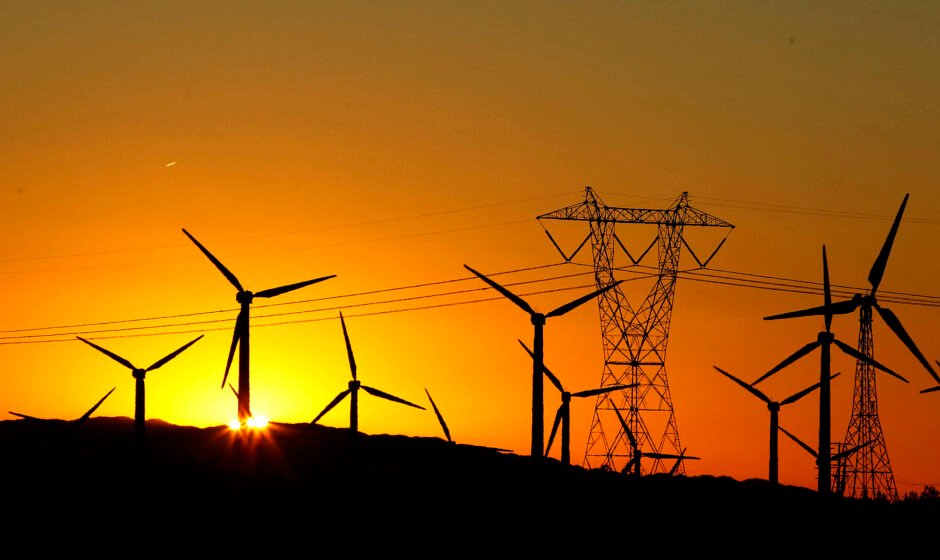Title: Assessing the Weaknesses in Global Energy Production
Introduction:
Energy production is the backbone of modern civilization, driving economic growth and providing essential services across the globe. However, as the world becomes increasingly reliant on energy, it is crucial to evaluate the vulnerabilities that exist within this vital industry. This article explores the various weaknesses in global energy production and the potential consequences they may pose.
1. Overreliance on Fossil Fuels:
One of the primary vulnerabilities in the world’s energy production lies in the overdependence on fossil fuels. While these non-renewable resources have powered economies for decades, their extraction, transportation, and combustion contribute to environmental degradation and climate change. The reliance on fossil fuels leaves nations exposed to price volatility, geopolitical tensions, and supply disruptions.
2. Aging Infrastructure:
Another vulnerability within the energy sector is the aging infrastructure that supports production and distribution networks. Many countries rely on outdated power plants, pipelines, and electrical grids, making them susceptible to failures, blackouts, and cyberattacks. The lack of investment in modernizing infrastructure poses a significant risk to the reliability and resilience of energy systems.
3. Limited Energy Diversity:
A lack of energy diversity is a pressing vulnerability that needs attention. Many nations rely heavily on a single source of energy, such as oil, natural gas, or coal, leaving them exposed to price fluctuations and geopolitical tensions. Diversifying energy sources, including renewable energy, can enhance energy security by reducing reliance on a single resource and mitigating the impact of supply disruptions.
4. Cybersecurity Threats:
In an increasingly interconnected world, the energy sector is exposed to cyber threats that can disrupt operations and compromise critical infrastructure. Cyberattacks targeting power grids, oil refineries, or nuclear facilities can have severe consequences, threatening national security and public safety. Strengthening cybersecurity measures and investing in advanced defense systems are crucial to mitigating these vulnerabilities.
5. Climate Change and Natural Disasters:
The energy sector is vulnerable to the impacts of climate change, including extreme weather events and rising sea levels. Severe storms, floods, and heatwaves can damage energy infrastructure, disrupt supply chains, and affect energy generation. Adapting energy systems to climate change and investing in resilient infrastructure are essential to safeguarding energy production.
Conclusion:
Addressing the vulnerabilities within global energy production is crucial for ensuring a secure, reliable, and sustainable energy future. Transitioning to cleaner and more diverse energy sources, investing in modern infrastructure, and strengthening cybersecurity measures are key steps toward mitigating these vulnerabilities. By doing so, we can build a resilient energy sector that meets the needs of present and future generations while minimizing the risks associated with energy production.




